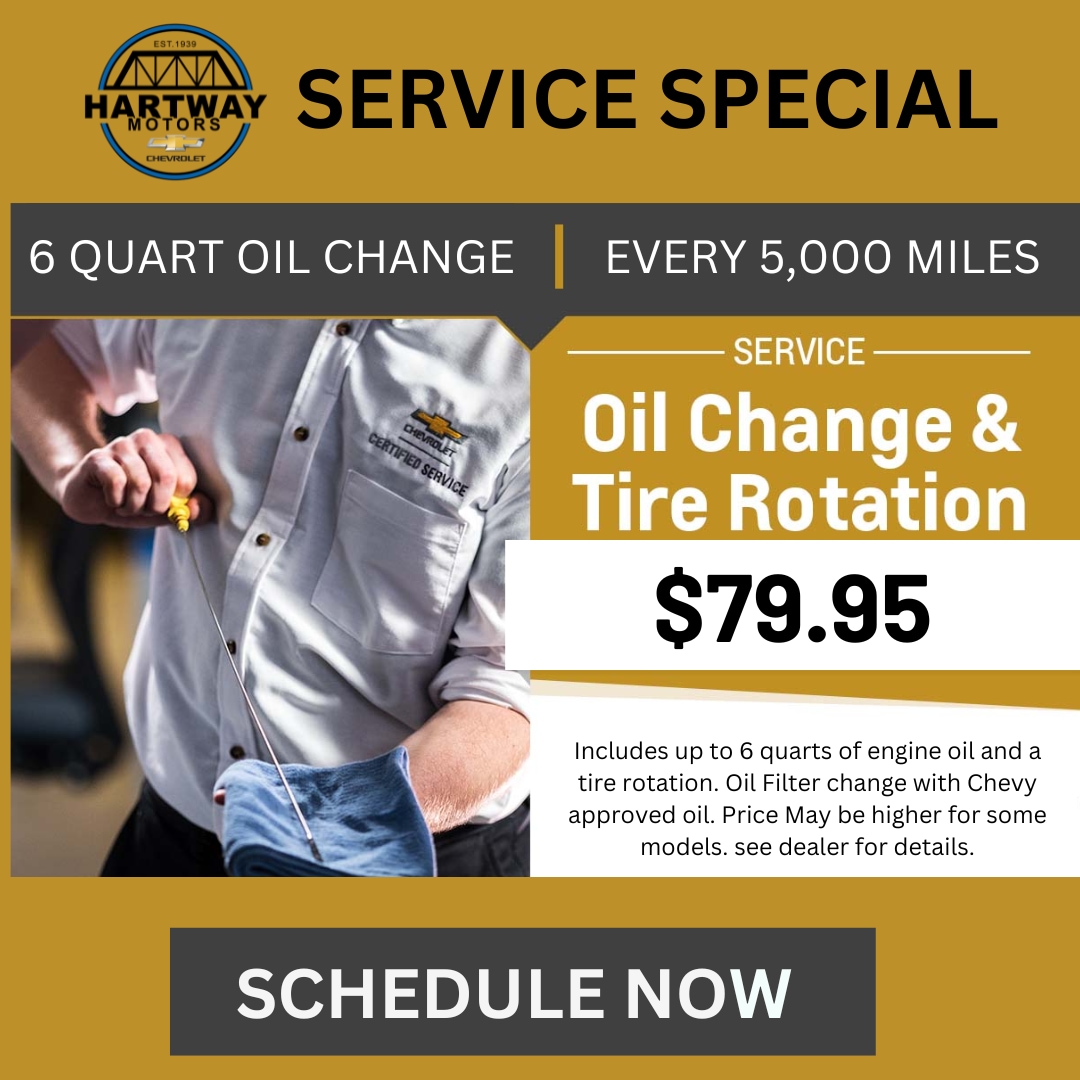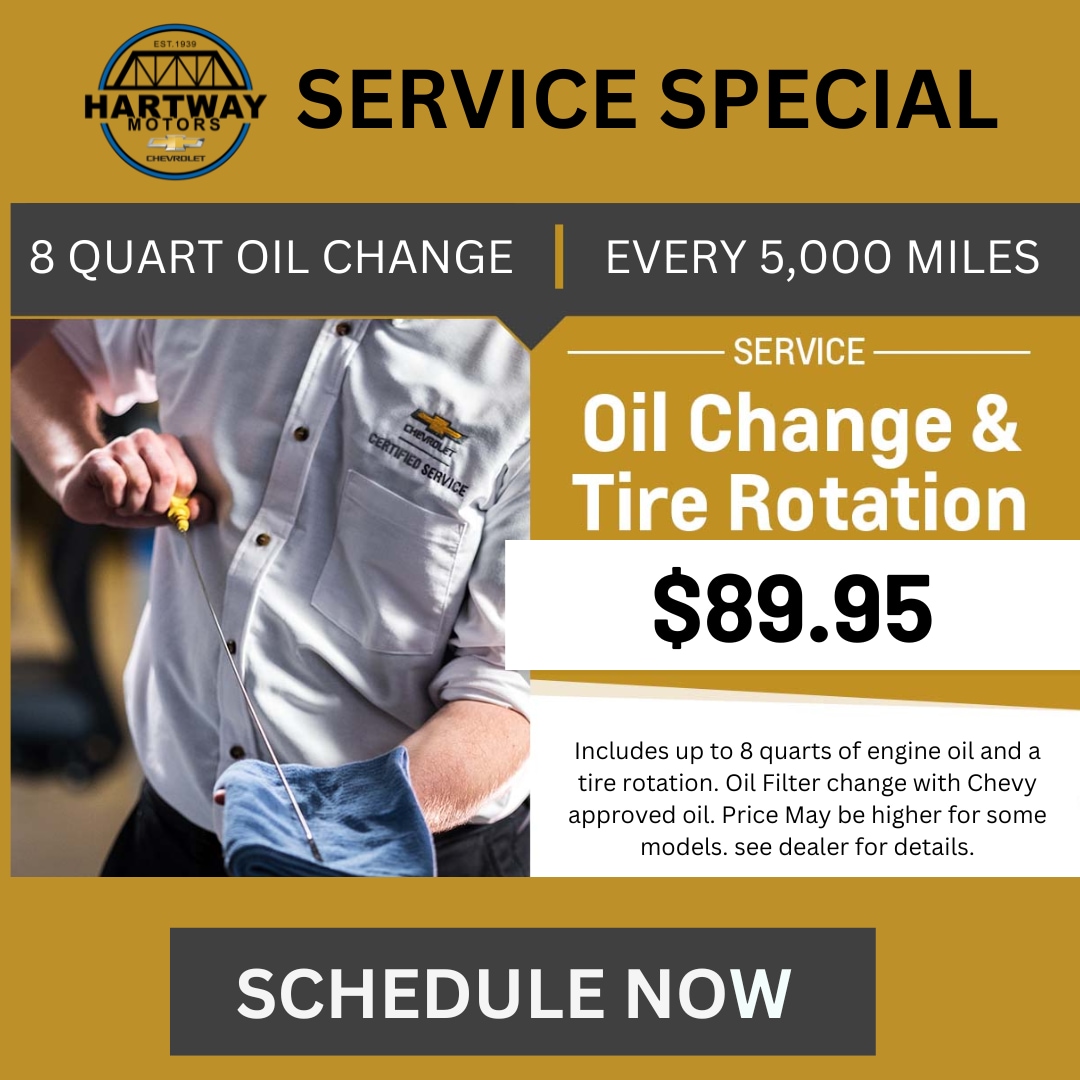OIL CHANGE MEDINA, NY
Certified Oil Change Technicians

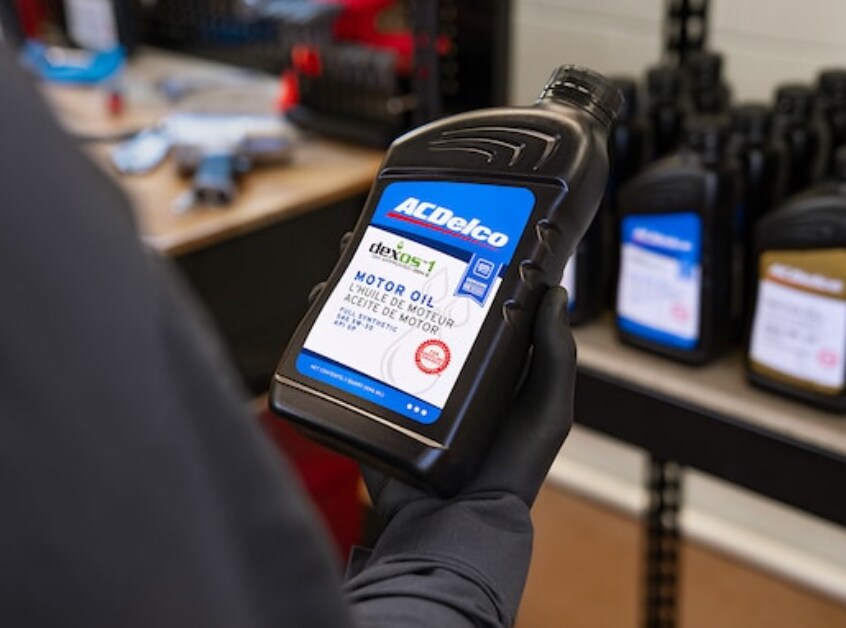
ACDELCO GM OE DEXOS™ 1 FULL SYNTHETIC OIL
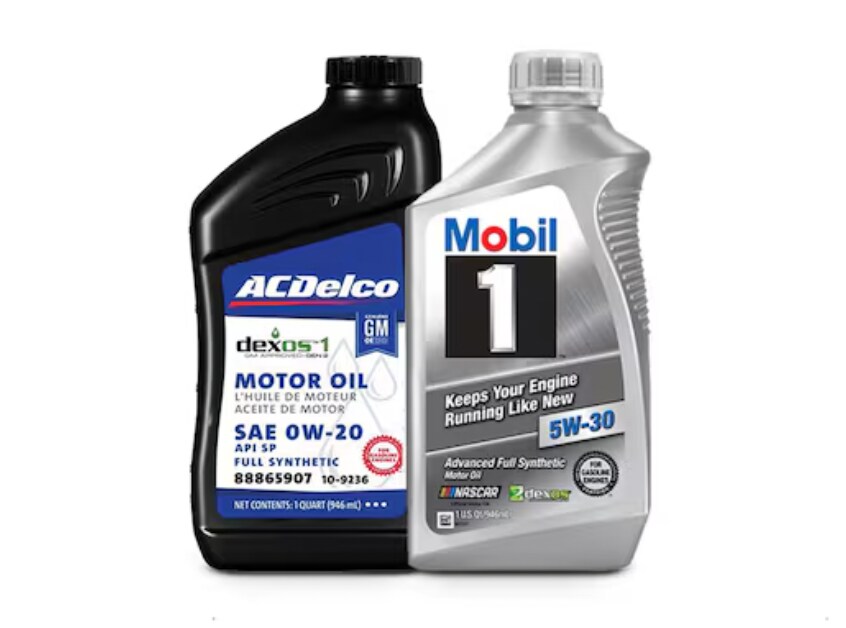
MOBIL 1™ FULL SYNTHETIC ENGINE OIL
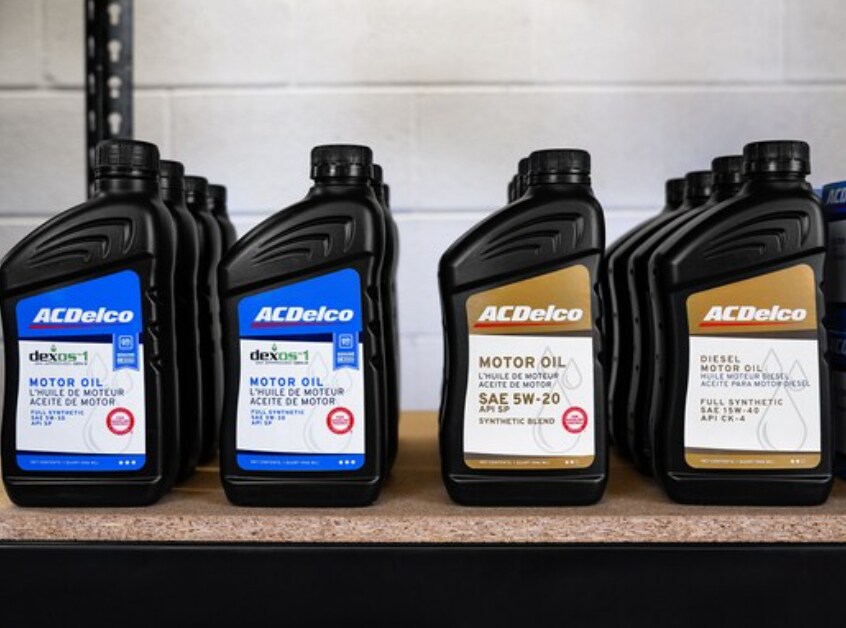
ACDELCO GOLD CONVENTIONAL OIL
1. Why is an oil change important?
- Answer: Oil lubricates the engine's moving parts, reducing friction and preventing overheating. Over time, oil breaks down and becomes less effective. Changing the oil ensures the engine runs smoothly and can help extend its lifespan.
2. How often should I change my oil?
- Answer: It depends on your vehicle and driving conditions, but a common recommendation is every 3,000 to 5,000 miles (4,800 to 8,000 kilometers) for conventional oil, or every 7,500 to 10,000 miles (12,000 to 16,000 kilometers) for synthetic oil. Always check your vehicle's owner manual for the manufacturer's recommendations.
3. What is the difference between conventional oil and synthetic oil?
- Answer: Conventional oil is derived from crude oil and is suitable for everyday driving. Synthetic oil is chemically engineered for better performance, offering superior protection at high temperatures and improved fuel efficiency. Synthetic oil typically lasts longer than conventional oil.
4. Can I change my oil myself?
- Answer: Yes, many car owners choose to change their own oil if they have the right tools, knowledge, and comfort with car maintenance. However, it can be messy and requires proper disposal of used oil. If you're unsure, it's best to leave it to a professional.
5. How much does an oil change cost?
- Answer: The cost of an oil change can vary widely depending on your vehicle, oil type (conventional vs. synthetic), and the service provider. Typically, oil changes cost anywhere from $25 to $75 for conventional oil, and $50 to $100 or more for synthetic oil. Luxury vehicles or vehicles with specialized needs may be more expensive.
6. What happens if I don't change my oil?
- Answer: Failing to change the oil can lead to engine wear, reduced performance, overheating, and eventual engine failure. Old, dirty oil can also cause sludge buildup, clogging the oil passages and damaging engine components.
7. Can I drive without changing my oil for a while?
- Answer: While it's possible to drive for a short period with old oil, it's not advisable. Prolonged intervals without an oil change can lead to serious engine problems. Pay attention to any warning lights (like the oil change light) and signs of engine trouble, such as knocking sounds or overheating.
8. How do I know if my oil needs to be changed?
- Answer: Most vehicles have an oil change light that will come on when it's time to change the oil. Alternatively, you can check the oil level and condition using the dipstick. Fresh oil is amber-colored and smooth, while old oil appears dark and may feel gritty.
9. What type of oil should I use?
- Answer: The type of oil you should use depends on your vehicle's make and model. Your owner's manual will specify the recommended oil viscosity (e.g., 5W-30, 10W-40) and whether to use conventional, synthetic, or a blend of both. Always follow the manufacturer's specifications for optimal performance.
10. What is an oil filter, and do I need to change it with every oil change?
- Answer: The oil filter traps contaminants and debris in the oil. It's important to replace the oil filter with every oil change to ensure clean oil circulates through the engine.
11. Can synthetic oil be used in older cars?
- Answer: Yes, synthetic oil can be used in older cars, though some people might initially hesitate because of concerns about leaks. Synthetic oil flows more freely and may find its way through seals that were previously worn out by conventional oil. If you're unsure, consult your mechanic or check the vehicle's manual.
12. What is high-mileage oil, and should I use it?
- Answer: High-mileage oil is formulated for vehicles with over 75,000 miles on the odometer. It contains additives designed to reduce oil consumption, prevent leaks, and minimize oil burn-off. If your car is high-mileage and showing signs of aging, high-mileage oil may be a good choice.
13. Is it better to go to a dealership or an independent shop for an oil change?
- Answer: Both options have pros and cons. Dealerships may use manufacturer-approved oils and provide service records, but they tend to be more expensive. Independent shops or quick lube centers may offer lower prices, but it's important to ensure they use the correct oil and provide quality service.
14. What is the "oil change light" and when should I pay attention to it?
- Answer: The oil change light (or "check oil" light) is a warning indicator on your dashboard that signals the need for an oil change. It could also indicate low oil levels or poor oil quality. If the light comes on, check the oil level immediately and schedule an oil change as soon as possible.
15. What should I do with the used oil after changing it?
- Answer: Used motor oil is hazardous to the environment, so it should be disposed of properly. Most auto shops, recycling centers, and some gas stations accept used oil for recycling. Never pour it down a drain or throw it in the trash.
These are just a few of the most common questions about oil changes, but they should help clear up any confusion about this essential vehicle maintenance task! To Speak to a Hartway Motors Service Advisor please call: 585-205-7952
-
HARTWAY MOTORS, INC.
320 22 N MAIN ST
Medina, NY 14103
- Sales: (585) 318-2116
Certified Service Experts Multi-Point Checklist:
- Remaining Engine Oil Life
A quick inspection will determine your vehicle's remaining oil life percentage (applicable to vehicles with the GM Oil Life System). This may be helpful, especially if you are approaching your next oil change.
- Tire Wear
Your tires are what keep you moving safely down the road. The Certified Service experts check to make sure your tires are properly aligned, balanced, and in top shape. This will help ensure the optimum performance and safety of your vehicle.
- Wiper Blades and Glass Condition
Your wiper blades are essential, especially when it's raining. The operation and condition of front and rear wipers are checked to make sure they will work well when you need them. A visual inspection of your windshield is completed to check for cracks or chips and the inspection may help prevent further damage down the road if these issues are addressed.
- Fluid Levels
Fluid levels are checked, including the brake reservoir and windshield washer fluid, to be sure they are at optimal levels.
- Brakes
To help keep your brakes performing at their best, an inspection is performed on the condition of your brake system, including lines, hoses, and the parking brake, as well as measurements of the front and rear linings.
- Battery Condition and Connections
No one wants to be stuck with a dead battery! A quick battery test will determine the health of your battery, and a visual inspection will check to be sure the battery cables and connections are in top working order
- OnStar Subscription
A brief assessment will make sure you are connected with your OnStar system subscription.
- Additional Car Inspections
An additional vehicle inspection of critical systems is performed to check for visible leaks that might indicate a concern. The condition of other vehicle components is also visually inspected.
Contact Our Oil Change Team
* Indicates a required field
